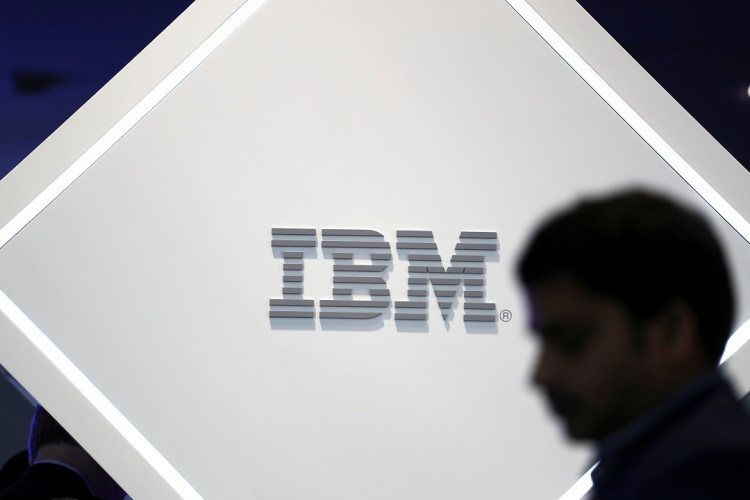IBM's acquisition of software provider Red Hat has reportedly now been finalized. Both companies issued a statement on Tuesday announcing the closed deal. IBM initially revealed its acquisition of Red Hat back in October. The New York-based information technology giant agreed to pay $190 for each Red Hat share, in a deal valued at around $34 billion.
The Red Hat acquisition is IBM's largest deal ever and one of the biggest acquisitions in US tech history. Goldman Sachs, Lazard, and JPMorgan advised IBM on the acquisition, while Morgan Stanley and Guggenheim worked for Red Hat to secure the deal.
The biggest deal so far was the merger between Dell and EMC in 2016, with an estimated value of $67 billion. This is followed by the JDS Uniphase's $41 billion acquisition of SDL in 2000.
With the acquisition now finalized, Red Hat will be merged with IBM's hybrid cloud division. The CEO of the open-source enterprise software company, Jim Whitehurst, will be integrated into IBM's senior management team. Whitehurst will report directly to IBM CEO Ginni Rometty.
Red Hat mainly focuses on the developing enterprise operating systems such as its popular Red Hat Enterprise Linux. In 2016, Red Hat became the second largest contributor to the Linux kernel. Since the company was founded in 1993, it has managed to grow into a formidable adversary in the software market, providing different services such as OS platforms, middleware, management products, training, consultation, applications, and support services. The company had even acquired a number of proprietary software through various acquisitions.
IBM reportedly has other plans with the company apart from its open source software. IBM's acquisition of Red Hat is mainly aimed at bolstering the company's cloud business. With Red Hat's proprietary software expertise, IBM is banking on a big boost to one of its four key growth drivers.
IBM's cloud business currently lags behind market leaders such as Amazon and Microsoft. Both companies have recently ramped up their cloud business infrastructures with their own respective acquisitions. IBM's relatively smaller cloud business has been reporting declining year-on-year revenues for the past three quarters. The company likely wants to change that with the recent acquisition.
Analysts predict that the Red Hat acquisition should provide more opportunities for IBM for its cloud business to grow. One of Red Hat's products called OpenShift, a type of containerization software, is expected to provide IBM a big boost in winning over customers who run mission-critical applications both offline and on private clouds.





